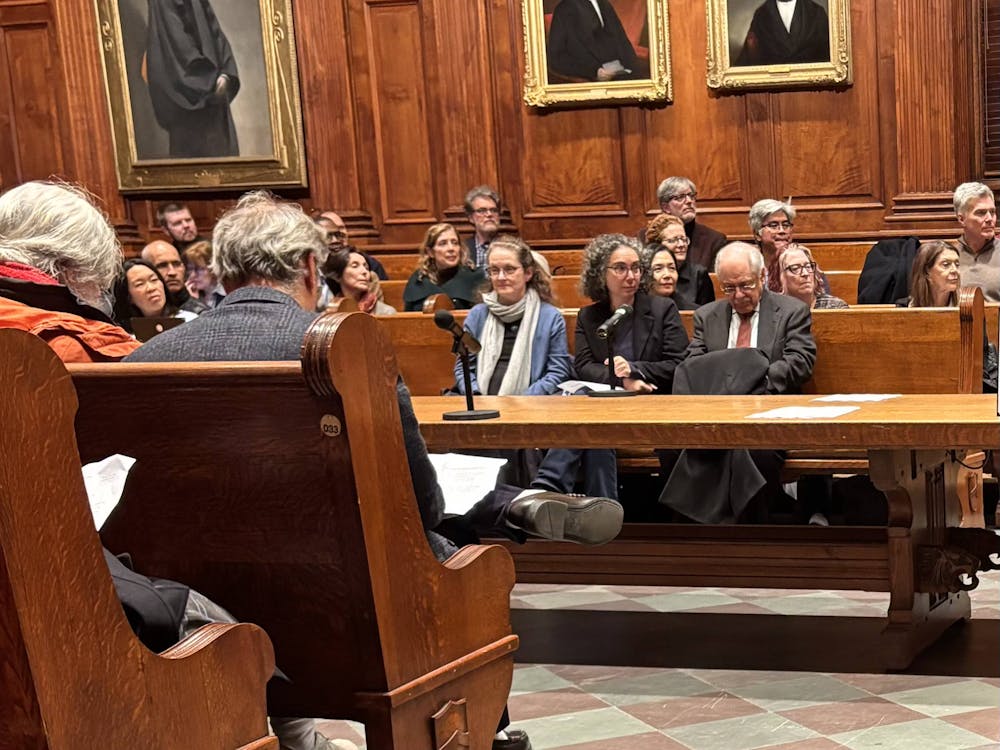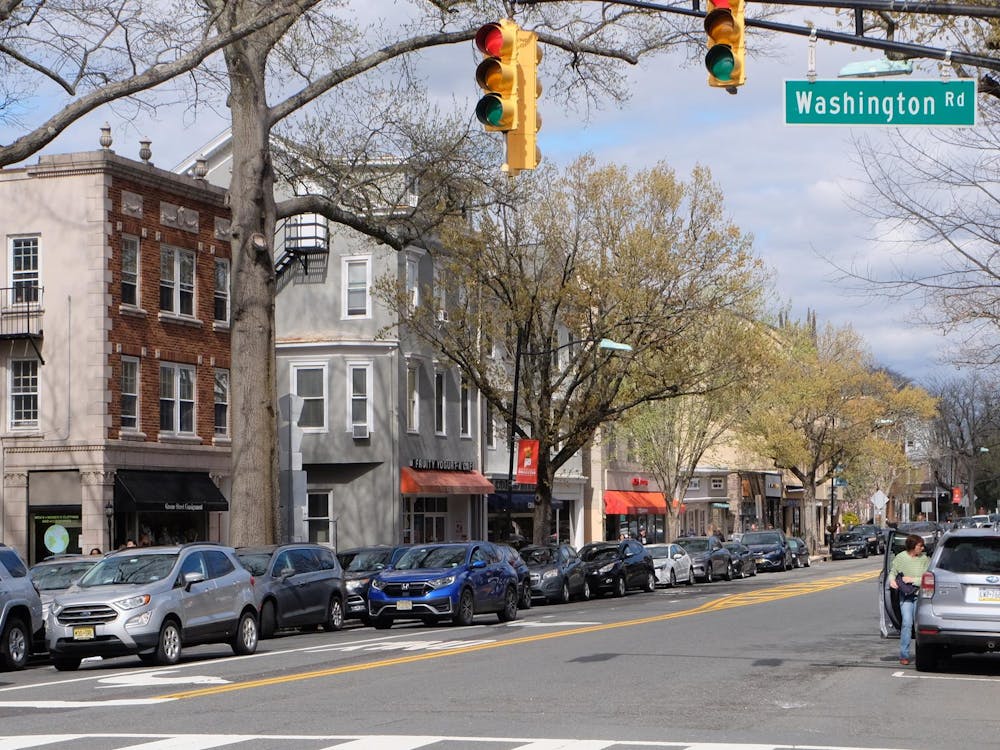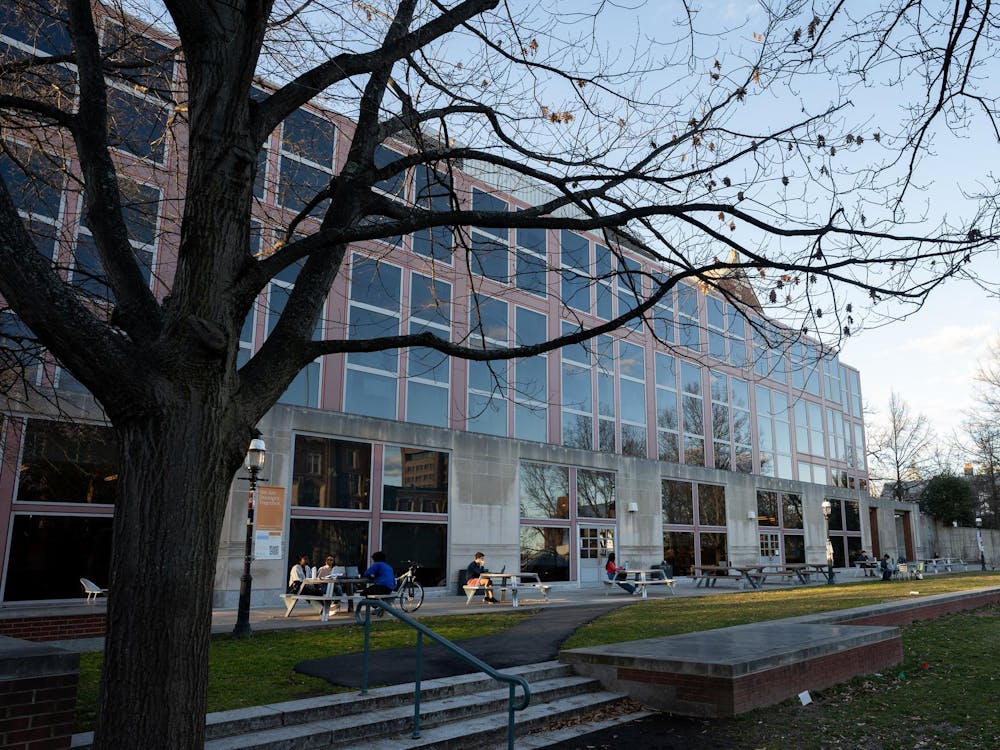Sustained Dialogue — a program that joins together multi-racial groups of students, faculty and administrators to discuss race relations on campus — will begin its third year with a "Kick-Off Retreat" this weekend in the Frist Multipurpose Room.
David Tukey '02, the group's leader, said the goals of the program include improving race relations and increasing awareness of racism in the University community.
This year, Sustained Dialogue has ambitious plans for expansion. Tukey said he hopes to increase the number of discussion groups — consisting of nine or 10 people each — from four last year to 10 this coming year.
Tomorrow, beginning at 11:00 a.m., there will be an introductory event open to all students highlighted by a speech by University trustee Harold Saunders '52, the originator of Sustained Dialogue.
Saunders — a former Assistant Secretary of State and one of the authors of the Camp David Accords — created "sustained dialogue" as a form of conflict resolution. Former U-Council Chair Teddy Nemeroff '01 spearheaded the effort to create the program approximately two years ago.
Tukey highlighted the importance of sharing personal experiences as a way to foster group intimacy.
"As people get more comfortable with one another, they share more intimate and sensitive experiences and this levels the playing field of understanding," he said, adding that "this enables the group to move forward together."
Tukey said that once groups start to communicate, they are one step closer to their final goal of taking action against racism. He said that last year, in the program's second year, one of program's four groups reached this goal.
That group played a role in convincing members of the Class of 2001 to recognize Justice Bruce Wright as an honorary member of their class. Wright, a former New York State Supreme Court justice, was admitted to the University in 1935 but was asked to leave when he arrived on campus. Wright had not mentioned on his application that he was African-American.
Another result of the group's activities was that group member Aime Scott '01 presented a proposal to the administration to have an outside consultant come to the University to examine the state of race relations on campus. Though Scott's proposal has not yet led to any action, Tukey said this is "something that we're going to continue to follow up on."
Tukey said he has been pleased with the results of the program in its first two years. "I firmly believe that there's a greater awareness that race is an important issue than there was before," he said.
Laura Shih '04, who participated in one of the dialogue groups last year, said, "I think this program can greatly impact people's lives." Third World Center Director Heddye Ducree, who participated in one of the dialogue groups last year, was enthusiastic about the progress her group made.

"I feel there was definitely individual growth, understanding and sensitivity to issues of race for many participants," she said. "A network of support developed as students and administrators alike shared their joys and sorrows, hopes and fears, challenges and opportunities with each other."
Vice President for Student Life Janet Dickerson is also a strong supporter of the group.
"I am especially pleased to see the progress the groups have made, and the strategies the leaders have used to train moderators and appeal to more participants," Dickerson said. "I have also been impressed with the ability of persons in the groups to facilitate campus-wide conversations about race relations and related topics."
Tukey said he believes the format of small discussion groups is highly effective in improving race relations and leading to personal growth. He argued that racism "has to be dealt with on a personal level" because it is "a problem of human relationships."







